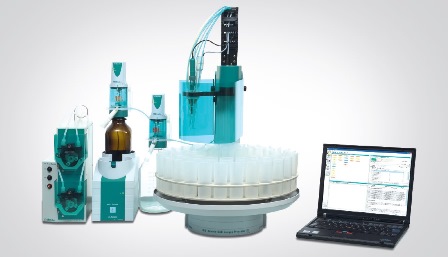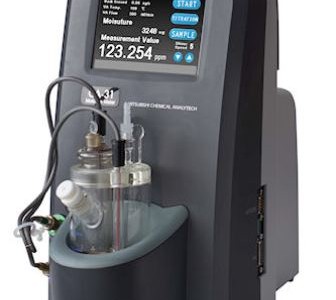Chemical, physical and environmental analysis
Chemical analysis is characterized by a constant evolution in the techniques, in the test methodology and in the laboratory instrumentation.
The professional updating of technicians working in the sector is therefore essential to keep up with the continuous technological innovations and to guarantee the quality and reliability that a modern chemical analysis laboratory has to offer.








